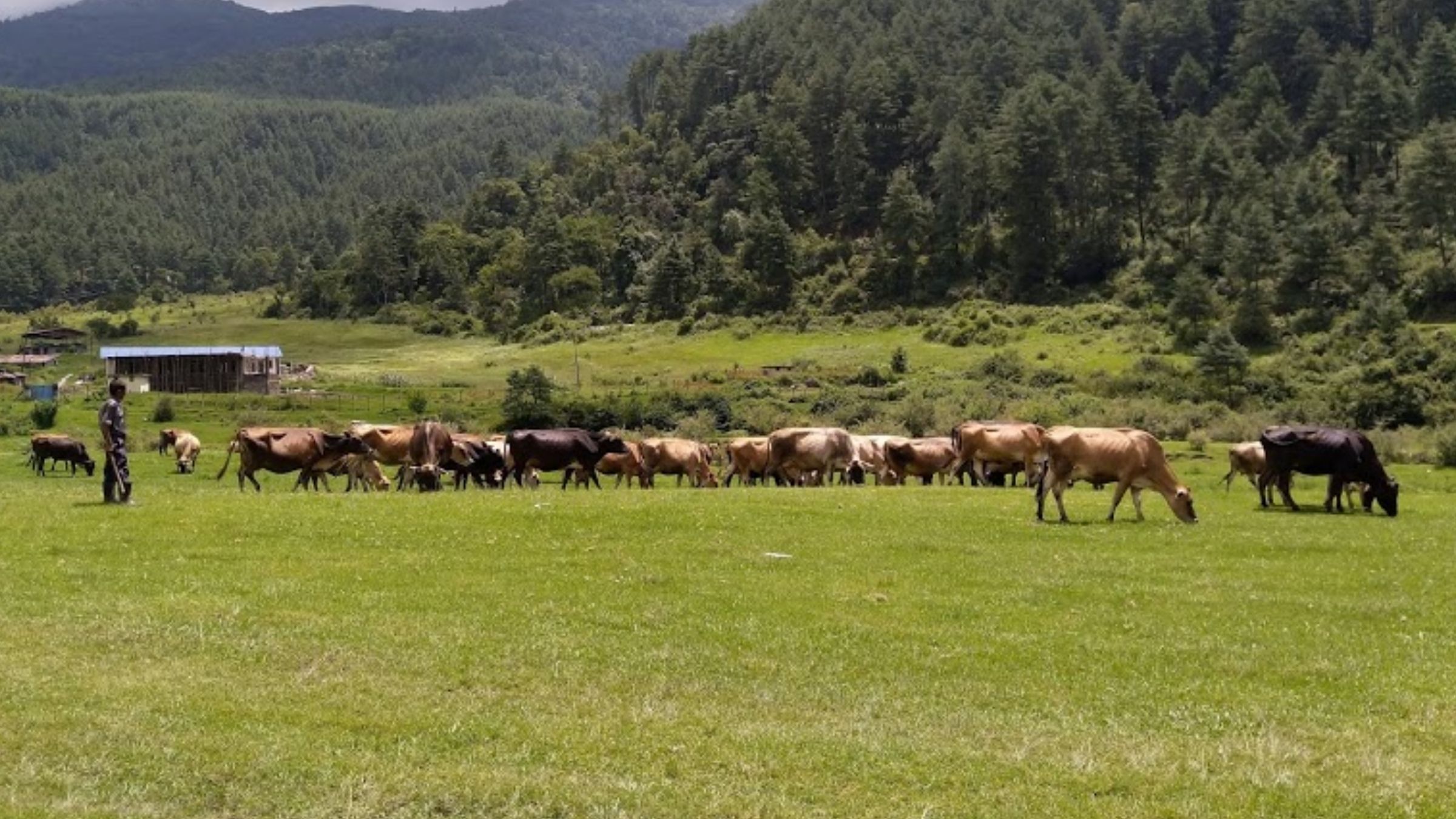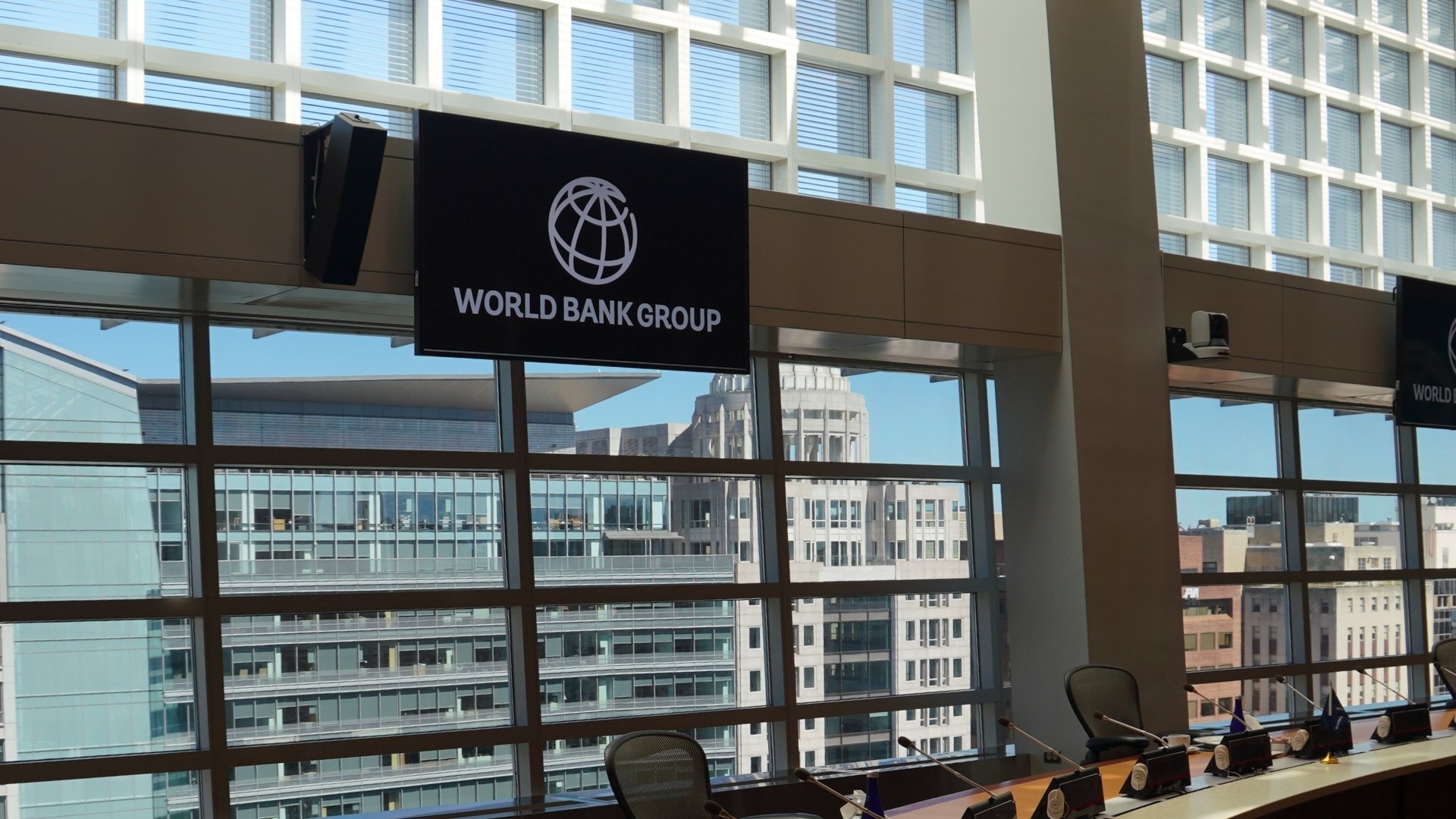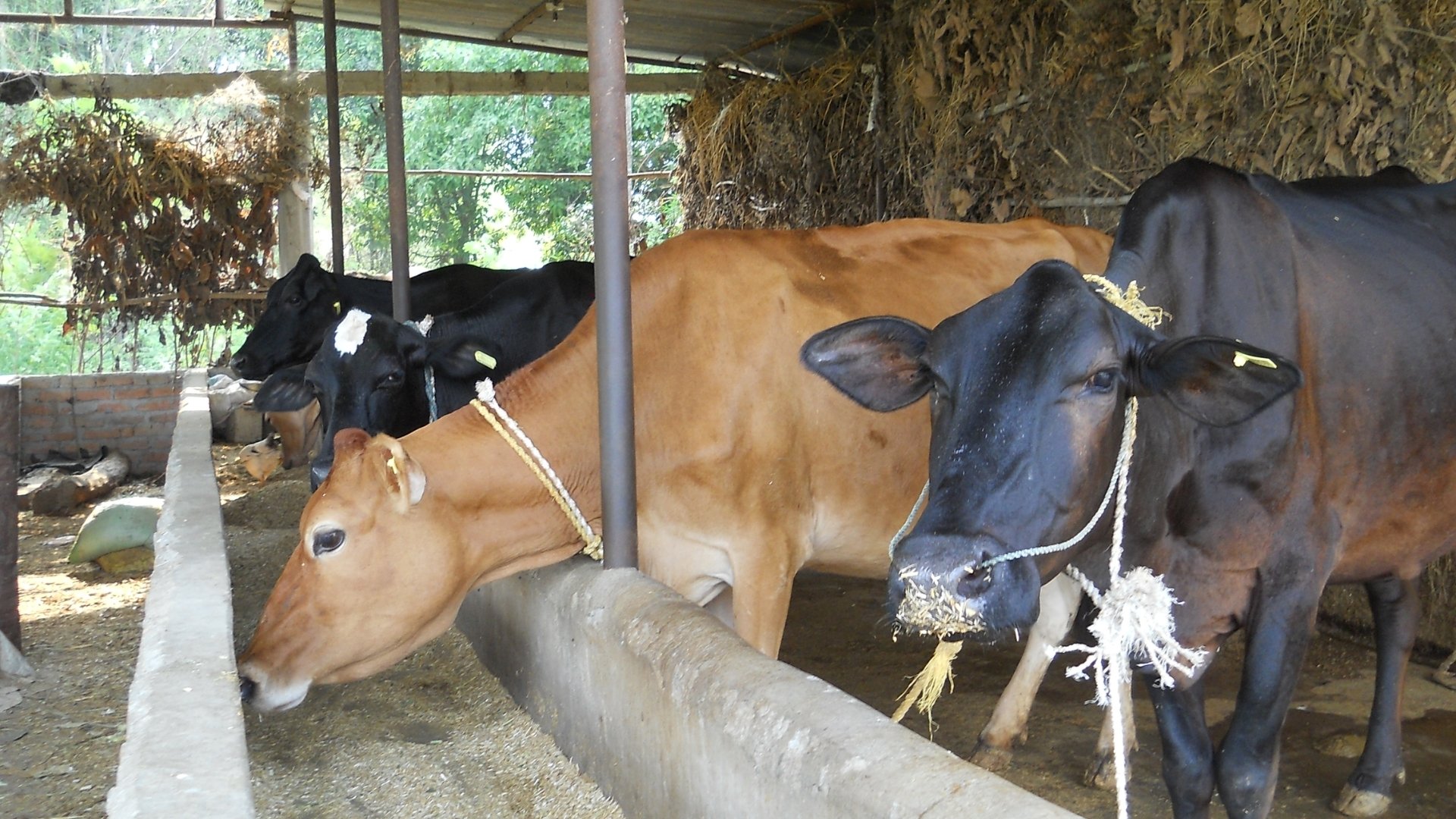The Government of Nepal (GON) implemented the Industrial Enterprise Rules 2078 in accordance with section 67 of the Industrial Enterprise Act 2076 (IEA). These regulations came into effect on 21 Chaitra 2078 (4 April 2022).
The objective of the IEA was to foster a robust economy centered around healthy competition, productive industries, and the promotion of exports while managing imports. It aimed to boost domestic production, generate employment opportunities, facilitate industrial growth, and create an investment-friendly atmosphere by effectively utilizing natural, physical, and human resources.
All you need to register your industry;
Must gather the following documents along with an application as mentioned in Annex 1;
- Photocopy of Citizenship of Nepal, or Photocopy of Passport (in case of foreign citizens)
- Photocopy of the registration certificate (In case the applicant is a registered firm), or Photocopy of company registration certificate, memorandum of association, and articles of association (In case the applicant is a registered company)
- Power of attorney must be produced if a representative is appointed.
- In the case of foreign investment, the certificate certifies such investment.
- Agreement (Deed), in case of registration of the industry under the partnership.
- Authorization from the industrial and investment promotion board, if the type of industry falls under Annex 1 of The Industrial Enterprises Act, 2076 (2020).
If everything goes as per the rule, the applicant will be provided with an industry registration certificate.
You can always complain to the Ministry if the department refuges to register your industry;
If the Department of Investment (DOI) refuses to register the industry, any applicant may file a complaint to the concerned ministry along with the documents mentioned below;
- Photocopy of the decision made by the Department,
- Photocopy of details and documents submitted to the department for registration,
- Any other relevant documents to support the complaint.
Gather these documents to change the address of your industry;
- The audit report of last fiscal year,
- Tax clearance certificate of last fiscal year,
- Environment assessment certificate/report (For that industry as specified under law),
- Authorization of concerned department that provided certain exemptions, privileges, or facilities,
- Amended details of the project as mentioned under Annex 2 of this Rule.
Documents needed to change or increase your capital, capacity, or purpose of the industry;
- Audit report of last fiscal year,
- Tax clearance certificate of last fiscal year,
- Amended details as mentioned under Annex 13,
- Photocopy of memorandum of association, and articles of association, in case there is any provision regarding the changing or increment of capital, capacity, or purpose of the industry,
- Agreement (Deed), in case of registration of the industry under the partnership,
- Recommendation letter, if needed,
- Environment assessment certificate/report, if needed
Liquidating a company;
Must present the following mentioned documents to liquidate any industry;
- If a liquidator has been appointed, the report regarding the liquidation of the industry submitted by such liquidator.
- If a liquidator has not been appointed, the report prepared by an authorized examiner about the asset of an industry,
- But, the report regarding the asset is valid if it is submitted by the industry having at least 1 crore fixed assets.
- Letter disclosing the fulfillment of obligation/liabilities towards the employee,
- Letter/report disclosing the clearance of all liability or obligation owed to the government,
- Tax clearance certificate of the previous fiscal year,
- Original certificate of the registration of the industry,
- Audit report till the previous fiscal year,
- Self-declaration stating that the industry doesn’t have any ongoing cases in courts or other judicial agencies.
Additional privileges for Female industrialists/entrepreneurs;
Based on the financial status of the business, the following export loans (निर्यात कर्जा) can be provided to women entrepreneurs through the banking system.;
- Up to five lakh rupees for small enterprises,
- Up to fifteen lakh rupees for cottage industries,
- Up to twenty lakh rupees for small-scale industries,
- Up to thirty lakh rupees for medium industries,
- Up to fifty lakh rupees for large industries.
Additional facilities and concessions to be provided if the industry;
- Has more than 50% of workers comprising of female and specially-abled,
- Uses at least 80 percent domestically produced raw materials,
- Uses 100% renewable energy.
Any industry can seek permission to import goods/products from a parent company located in a foreign land by submitting an application detailing the following provisions to the department;
- Nature and quantity of the goods along with the timeframe required,
- Sketch about the contribution of such imported materials on the production of goods, and development and promotion of the domestic market.
If you don’t have the capital to buy land to start the industry, the department might help you in solving this problem. In case you are registering below-mentioned industry, you can request in writing to the industry registration agency to coordinate and facilitate the purchase of such land or to make the land available;
- Industries of National priorities,
- An industry that exports more than 60% of its products,
- Medium and large-scale industries to be set up/established in the least developed areas, underdeveloped areas, and less developed areas,
- An industry that provides direct employment to more than 500 employees,
- Industry having an investment of more than NRS 10,000 million fixed assets,
- Medium and large-scale industries based on the use of 50% domestic raw materials or 50% Value added products in case of foreign raw materials.
Industry registration agencies can provide an incentive, discount, facility, or concession if the industry asks so. Any Industry can apply for this benefit but the discretion remains with the Agency whether to provide or not.
Know if your industry is a sick industry or not:
Complete sick industry;
- The capital of the industry has decreased by more than 70% and has been running continuously at a loss for three years,
- Continuously operating at less than twenty percent capacity from the original capacity (जडित क्षमता) for the last three years
- Completely closed for the last three years due to some other reason
- Can go profit within 5 years, if Nepal Government manages to provide some exemption, facilities, and concession
Sick industry;
- The capital of the industry has decreased by more than 50% and has been running continuously at a loss for three years,
- Continuously operating at less than twenty-five percent capacity from the original capacity (जडित क्षमता) for the last three years
- Closed for 2 consecutive years (Not because of intention or managerial lacking)
- Can go profit within 3 years, if Nepal Government manages to provide some exemption, facilities, and concession
Sick-oriented industry (रुग्ण उन्मुख उद्योग)
- The capital of the industry has decreased by more than 20% and has been running continuously at a loss for three years,
- Continuously operating at less than thirty percent capacity from the original capacity (जडित क्षमता) for the last three years
- Closed for 1 year due to some other reasons
- Can go profit within 2 years, if Nepal Government manages to provide some exemption, facilities, and concession














